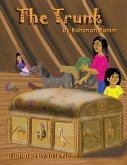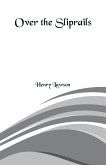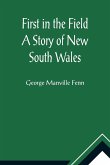G A Henty was a 19th century novelist, special correspondent and Imperialist. His best-known works are historical adventures. While most of the 122 books he wrote were for children, he also wrote adult novels, non-fiction such as The March to Magdala (1868) and Those Other Animals (1891), short stories for the likes of The Boy's Own Paper and edited the Union Jack, a weekly boys magazine. The preface sets the scene as follows. ôThe four opening years of the fifteenth century were among the most stirring in the history of England. Owen Glendower carried fire and slaughter among the Welsh marches, captured most of the strong places held by the English, and foiled three invasions, led by the king himself. The northern borders were invaded by Douglas; who, after devastating a large portion of Northumberland, Cumberland, and Durham, was defeated and taken prisoner at the battle of Homildon, by the Earl of Northumberland, and his son Hotspur. Then followed the strange and unnatural coalition between the Percys, Douglas of Scotland, Glendower of Wales, and Sir Edmund Mortimer--a coalition that would assuredly have overthrown the king, erected the young Earl of March as a puppet monarch under the tutelage of the Percys, and secured the independence of Wales, had the royal forces arrived one day later at Shrewsbury, and so allowed the confederate armies to unite. King Henry's victory there, entailing the death of Hotspur and the capture of Douglas, put an end to this formidable insurrection; for, although the Earl of Northumberland twice subsequently raised the banner of revolt, these risings were easily crushed; while Glendower's power waned, and order, never again to be broken, was at length restored in Wales. The continual state of unrest and chronic warfare, between the inhabitants of both sides of the border, was full of adventures as stirring and romantic as that in which the hero of the story took part.ö








